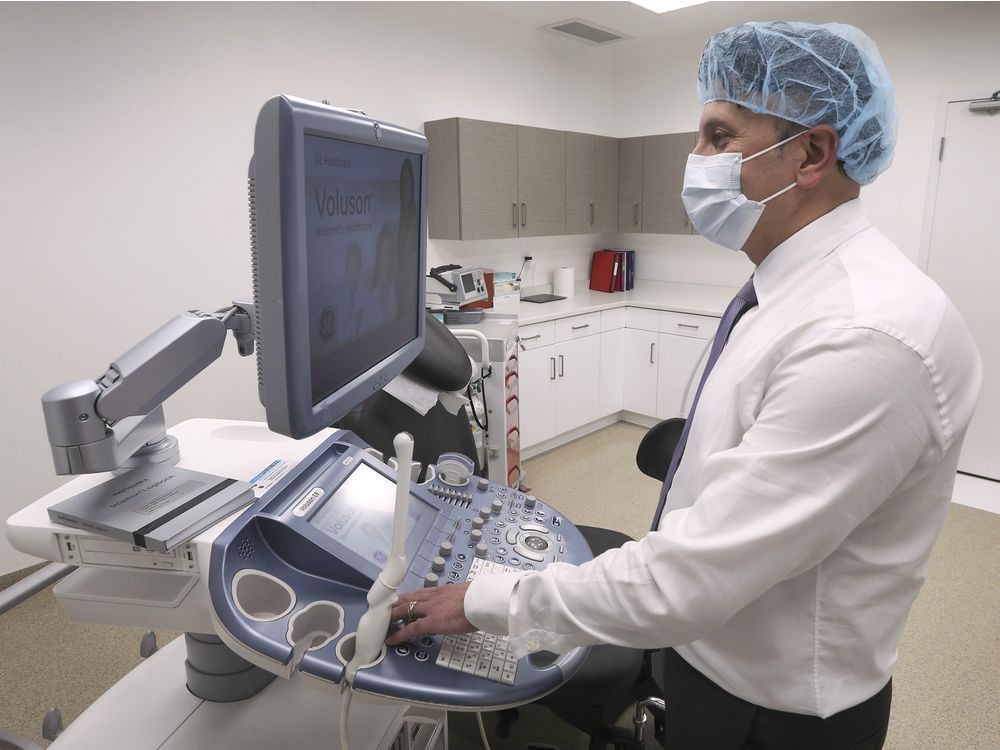three-quarters of women undergoing fertility treatment are willing to accelerate the process — regardless of risk — in order to beat the biological clock, according to a poll that lays bare the pandemic-induced panic facing potential parents.opinium polled 533 women who had either undergone fertility treatment, were considering it or were currently in the process. they found that 50 per cent of were willing to subject themselves to “over-medication” if it improved their chances of conception. thirty per cent said they were ready to push themselves “to the limit” mentally and physically to find success.many clinics offer refunds if women are unable to conceive, a policy that incentivizes profit and motivates doctors to do whatever necessary to avoid reimbursement,
according to safe campaign, a coalition concerned with the health of women undergoing the treatment in the u.k. at clinics that offer multiple cycles of treatment, this can mean over-medicating women during the first round to prevent the need for future cycles, the group said. over-medication carries the risk of ovarian hyperstimulation syndrome, which can lead to kidney failure, blood clots and miscarriage.“the role of the health professional is crucial in keeping fertility patients safe, kate davies, a registered independent fertility nurse consultant,
told the independent. “it’s one of the most emotionally-charged areas of our health and it’s no surprise that after a year of delays some women are starting to feel that the clock is ticking.”the pandemic clearly amplified the problem, with 60 per cent of women polled expressing fears that covid-19 cost them vital time to make reproduction a reality. “with patients in a vulnerable position, we are worried that the financial incentive clinics will face could ultimately influence clinicians’ medical decisions impacting patient safety, especially as they face a backlog of anxious patients combined with the pressure of commercial interest.”there are currently
over 30 clinics in canada that perform in-vitro fertilization. most of them are for-profit, charging anywhere from $10,000 to $20,000 for a single cycle of treatment. only four provinces offer some measure of coverage: ontario funds the first round of ivf; manitoba issues a tax credit, new brunswick offers grants; and quebec, which used to fund three rounds of ivf, now issues refundable tax credits,
according to the cbc.
with roughly one in six canadian couples grappling with infertility, the price tag is out of reach for many. “it’s heart-wrenching,”
said hejdi carlsen feick, president of generations of hope, a calgary-based charity that helps couples pay for the procedure.although applications surged in the early days of the pandemic, they have dropped off drastically since then. “people can’t afford it,” she said. “if i give you $3,000 towards your ivf treatment, you still have many thousands of dollars left to find on your own.”for some, however, no barrier is too great. twenty per cent of women who had undergone fertility treatment reported making themselves ill while pushing through the process. seventy per cent ended up experiencing ptsd-like symptoms, including flashbacks, insomnia and nightmares.“going through fertility treatment can be one of the most stressful times in life and i know from personal experience that at times you can feel like you would do anything to get pregnant, even if deep down you know you may be compromising your mental and physical health,” said natalie silverman, an ambassador for safe campaign.“that’s why checks and balances in the sector are so important. patients should be able to rely on fertility clinics acting in their best interests, even if that means questioning and seeking guidance on a more aggressive course of treatment.”although infertility does not appear high on the priority list for provinces, francesca scala, a political science professor at concordia university, said a standard, publicly funded system would improve safety and quality of care while bringing down costs over time.“i think there is a huge stake because we’re all taxpayers,” scala said. “and canada has a problem because the natural population growth in this country is on the decline. government has a huge role to play in today’s economy. when they’re not taking responsibility for this consistently across the provinces and at a national level, it’s telling canadians, ‘you know what, we don’t care.’ and it’s really important to send a different message.“if we’re going to do something about the stigma of infertility, government has a huge role to play in that conversation.”
dave yasvinski is a writer with healthing.ca
 3 minute read
3 minute read









